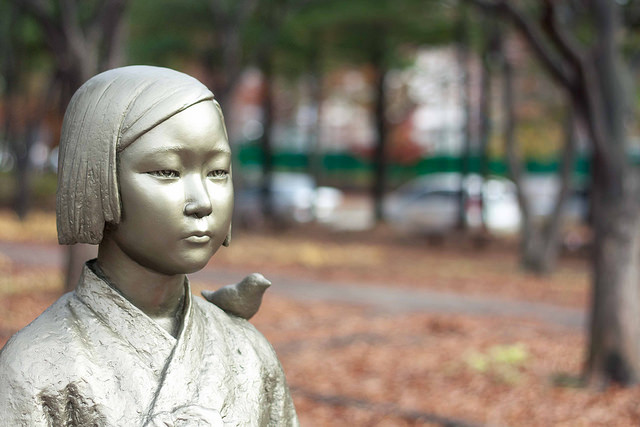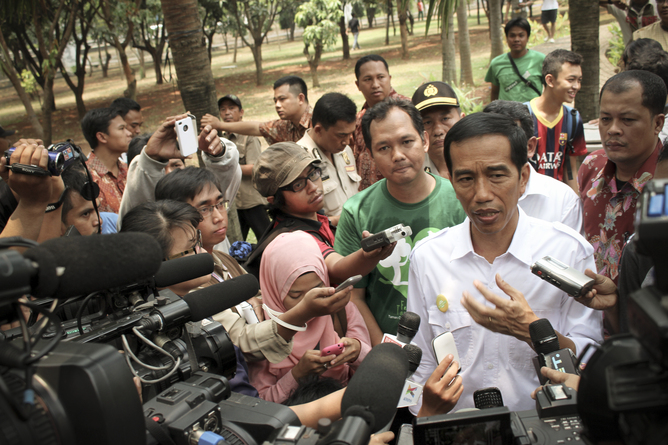Taiwan signals its readiness to join the world’s democratic powers
With a new president and a populace gaining confidence in its national identity, Taiwan hopes China will finally recognise its sovereignty Consolidated democracies in Asia are rare. India and Japan democratised after World War II, and Taiwan and South Korea did so from the late 1980s. Countries such as Indonesia, the Philippines and Mongolia have […]
Taiwan signals its readiness to join the world’s democratic powers Read More »







